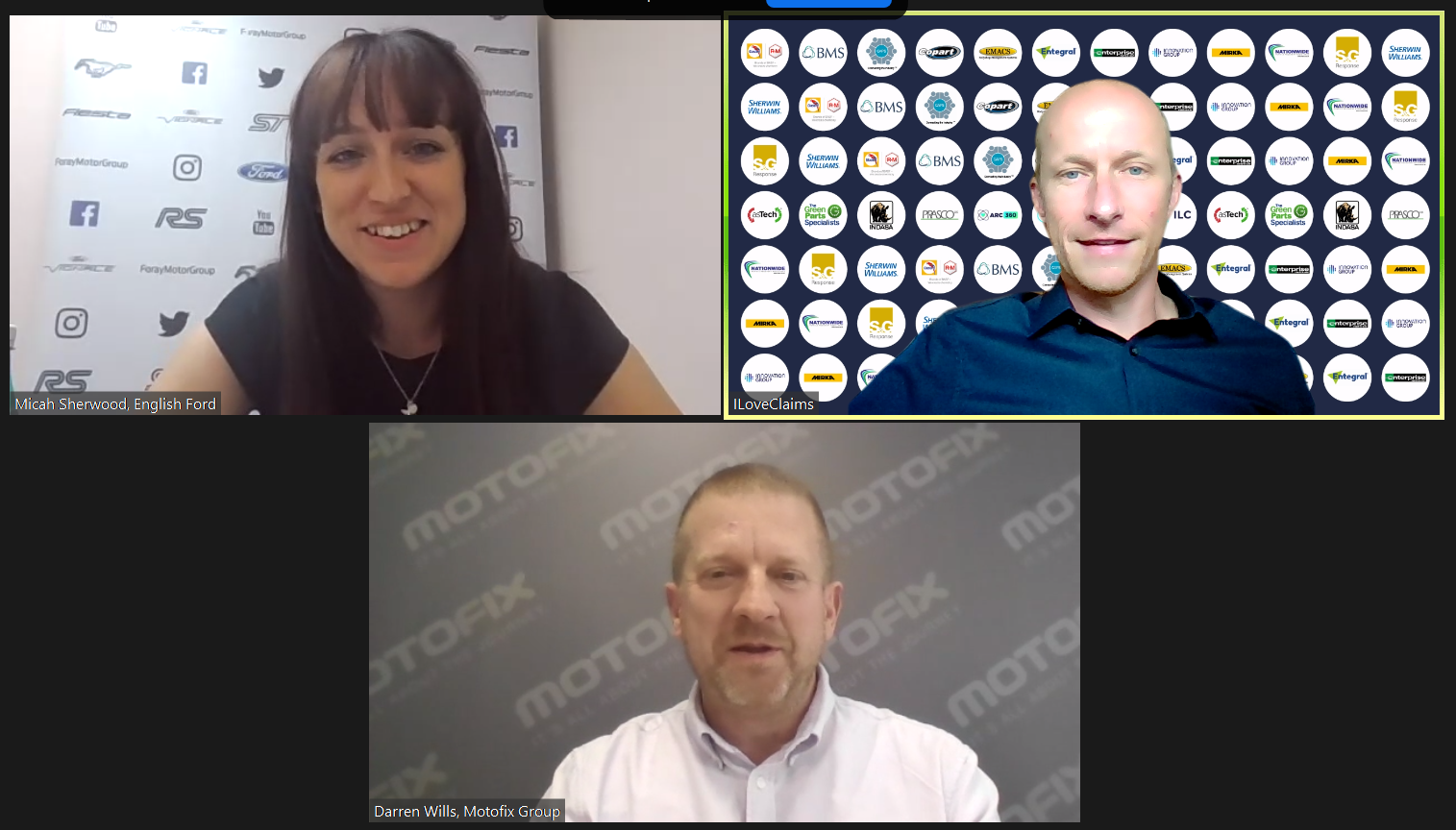Recruitment and retention were among the biggest challenges facing the automotive aftermarket before Covid-19, and they remain so now.
In fact, the pandemic has exacerbated the issue with competition for staff reaching new levels.
According to Micah Sherwood, bodyshop manager, English Ford – Foray Motor Group, the battle for skilled people has never been more fierce. She revealed that a number of her colleagues have been approached by other companies, who have promised them what she describes as an ‘unsustainable’ wage packet.
She said, ‘Fortunately we haven’t lost anyone because we offer more than just a salary, but there have definitely been approaches, so for us staff retention is the main priority at the moment and I think it will remain so throughout quarter four.’
Future
Micah was talking at the second post-summer ARC360 live webinar, called the Repairer special: gearing for the future, which focused on the current and upcoming challenges faced by bodyshops emerging from Covid-19.
She was joined on the panel by Darren Wills, executive director, Motofix Accident Repair Centres, who agreed that staff shortages have worsened in recent months.
He said, ‘There have always been staff challenges in the workshop, but the pressure to recruit and retain has spread to other roles in the last six months, such as HGV and delivery drivers. There is a real challenge to recruit there and it is driving up wages.’
Another factor affecting staffing levels has been a change in attitude of employees, both in terms of when they work and how they work. Some are requesting flexible working hours post-furlough and, on top of that, having grown used to a slower pace of work when volumes were low, some are struggling to get back to full speed again.
Apprentices
Apprenticeships are often put forward as the most logical and sustainable solution, and Micah said that Foray Motor Group has two apprentices at every site and is still trying to fill other apprenticeship vacancies.
However, Darren pointed out that the problem may directly impact the solution.
He said, ‘There is an increasing challenge to find the right mentors who can put in the time and resource to turn apprentices into key members of the team. I think this is an area where the largest insurers and work providers could collaborate with us a bit more to share costs and training resources.’
Profits
Alongside staffing concerns, another post-pandemic challenge appears to be that more ‘middle-men’ are trying to get a larger slice of the pie.
Volumes are recovering to a degree, more so in some geographical areas than others, but margins remain typically tight for bodyshops already weakened by the last 18 months and most can’t afford to see their profits diluted further.
Darren said, ‘Work providers are stepping into the upstream supply chain, getting involved in areas such as parts and paints supply. Bodyshops run on very thin margins, so sharing those margins out is a bit of a challenge. I welcome new ideas and new ways of working, but they need to be thought out because bodyshops need to at least make a bit of money to be sustainable.’
Segmentation
For many, the most practical route to profit now is segmentation. This was already happening before the pandemic with the market splitting into specialist areas, but it has been accelerated in many business strategies since then. Some groups are still opting to cover all bases, but the investment required to do this is growing exponentially.
Darren said, ‘The idea of any business being future-proofed is a misnomer. Technology is not going to slow down. But all businesses are run by people so keeping people on board is crucial. You also need to be nimble enough to roll with the punches. No one would have predicted the last 18 months, so, yes, have a plan, but be able to change it at short notice if circumstances dictate.’
















